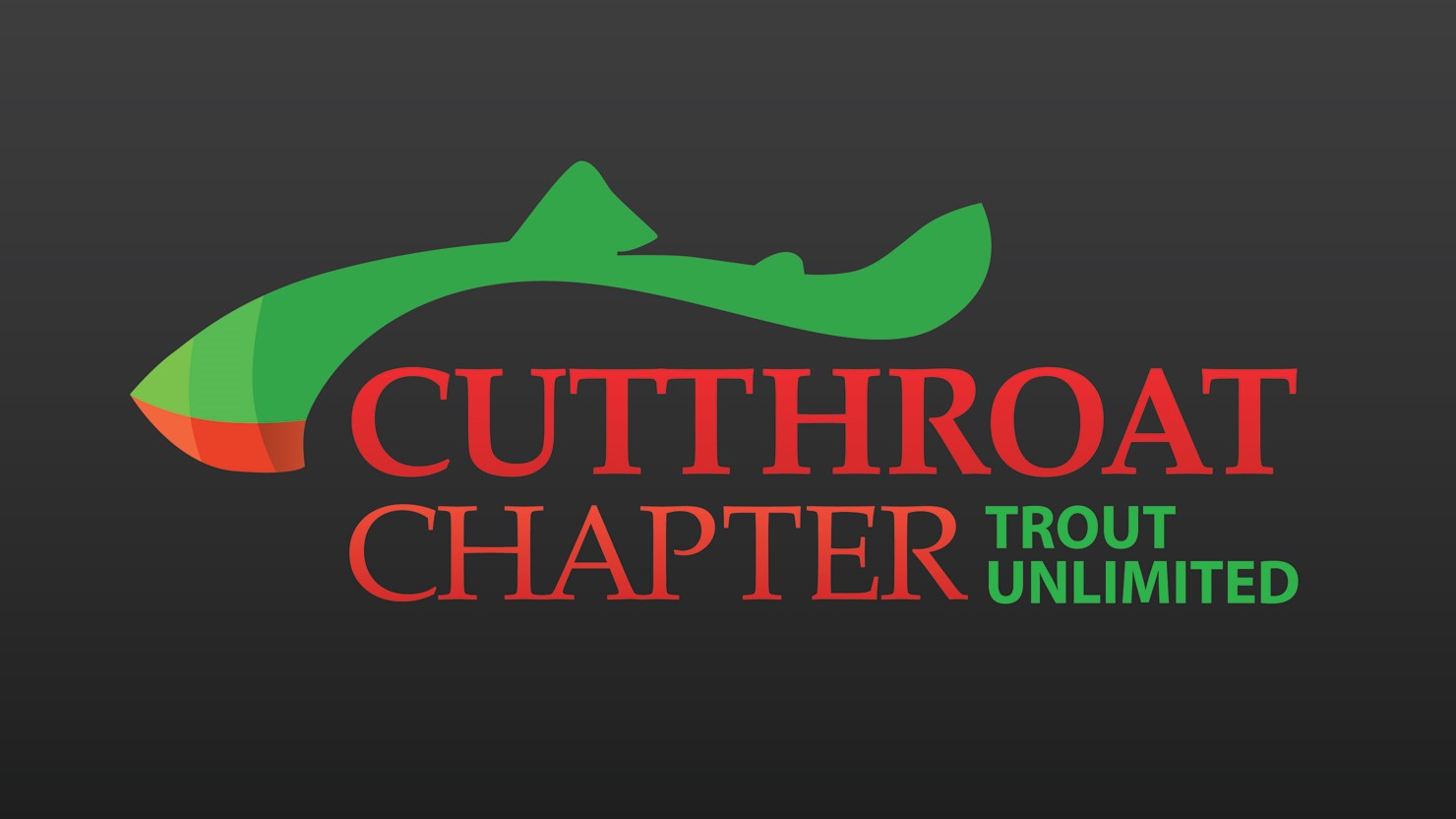Courtesy of Wester Rivers Conservancy
Western Rivers Conservancy and the Beaverhead-Deerlodge National Forest successfully conserved the 317-acre Clemow Cow Camp property this summer, keeping precious cold water in the Big Hole River at a moment when alarm bells are sounding about the river’s warming temperatures. Our efforts also protected outstanding habitat for fish and wildlife and secured new public access to the West Pioneer Wilderness Study Area. The 150-mile-long Big Hole River, which tumbles through some of the most diverse geography of any river in Montana, is a beloved trout fishery and one of the last rivers left in the Lower 48 with fluvial Arctic grayling.
The 317-acre Clemow Cow Camp is a sweeping expanse of wetland meadows with two high-mountain streams, Cox and Old Tim creeks, flowing through the property for two miles. Just off the property, these streams join Warm Springs Creek, a tributary to the Big Hole.
Conservation of Clemow Cow Camp ensures protection of 154 acres of riparian wetland habitat that supports numerous species of waterfowl and shorebirds, as well as top-notch habitat for grizzly bear and Canada lynx, both federally Threatened. Importantly, the creeks on the ranch supply water for fish in the Big Hole basin, including westslope cutthroat trout, mountain whitefish and nonnative trout.
WRC purchased Clemow Cow Camp, along with its 2.77 CFS of water rights, in August 2022, and conveyed both to the Beaverhead-Deerlodge National Forest in September 2023. The U.S. Forest Service will use the ranch’s water rights to reinvigorate the property’s fragile meadows and feed the creeks through seepage over the course of the summer. When flows get low, that water will be kept directly in-stream for fish, an innovative split-season approach that ensures fish get cold water when they need it most.
Clemow Cow Camp is also a key entry into the Forest Service’s adjacent 148,150-acre West Pioneer Wilderness Study Area, one of the largest roadless areas in southwest Montana. WRC’s efforts permanently secured access to the wilderness study area through the ranch for hikers, hunters and others.


